In response to India’s announcement of a ban on the export of non-basmati rice, a surge in panic buying of rice has been witnessed in departmental stores across the United States.
The escalating demand has led to many stores imposing restrictions on the number of rice bags customers can purchase, resulting in reports of empty shelves.
To manage the situation and ensure fair distribution, numerous stores have put up notices limiting customers to purchasing only one rice bag per family.
However, concerns have arisen regarding hoarding, with fears that some individuals may stockpile rice and attempt to sell it at significantly higher prices through online forums.
Concerns about hoarding and price gouging amidst global impact
The impact of India’s export ban on non-basmati rice has resonated globally, particularly among the Indian diaspora. Non-resident Indians (NRIs) have reportedly bought 10-15 bags of Sona Masoori rice in response to the ban, as reported by Business Today.
Many NRIs took to X (formerly Twitter), to share the impact of the export ban on rice, with videos showcasing scenes of sheer panic buying and heavy rush at grocery stores.
Despite the concerns, Kiran Kumar Pola, the director of leading rice exporter Deccan Grains India, reassured NRIs in the USA that there are sufficient rice stocks in the country, expected to last for six months.
A group of rice exporters from Telangana also reached out to The Agricultural and Processed Food Products Export Development Authority (APEDA), requesting the reclassification and lifting of the prohibition on non-basmati rice exports. Their assurance that there are ample stocks of non-basmati rice in the US market after India’s export ban seeks to allay concerns.
⛔️ Hoarding happens in US too!
Rice export ban from India triggers chaos pic.twitter.com/7zZR7lHrFR
— Kreately.in (@KreatelyMedia) July 21, 2023
However, despite the authorities and experts assuring sufficient stock for the next six months, many NRIs on X (formerly Twitter) have complained about the skyrocketing prices in US grocery stores, typically driven by short supply and high demand.
The export ban implemented by India pertains only to non-basmati rice, with Basmati rice still allowed for trading outside the country. A majority of South Indians have a preference for Sona Masoori rice, which falls under the non-basmati category.
The Indian food ministry addressed the situation, stating that the export ban is essential to ensure sufficient availability and stabilise prices in the domestic market. They cited a significant 11.5 per cent increase in retail rice prices over the past 12 months, along with a 35 per cent year-on-year surge in Indian exports of non-basmati white rice during the second quarter, driven by global demand.
The price of a 9.07 kg rice bag, previously quoted at $16-18, has now doubled, with some places experiencing prices as high as $50.
As per statistics, India exports an average of 6,000 tonnes of non-basmati rice to the USA every month, with Telangana and Andhra Pradesh contributing 4,000 tonnes to this volume.

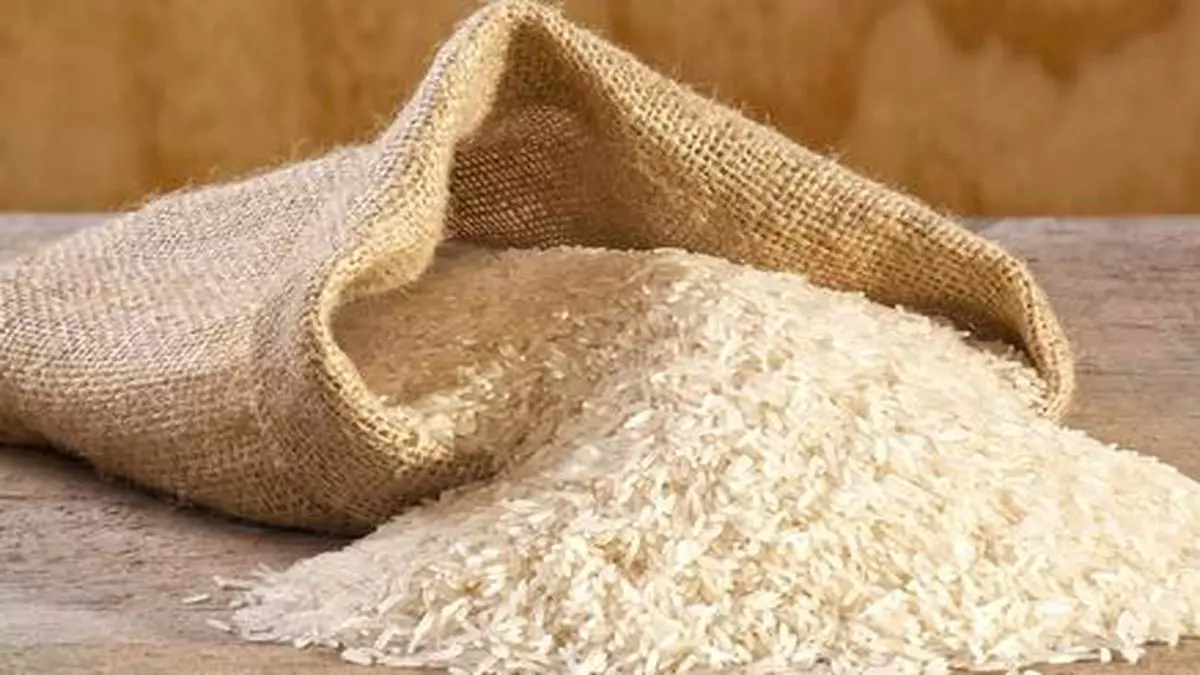

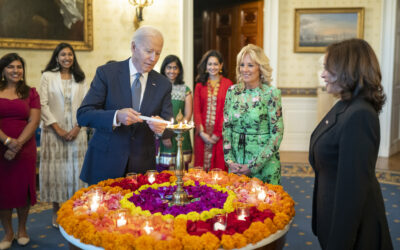









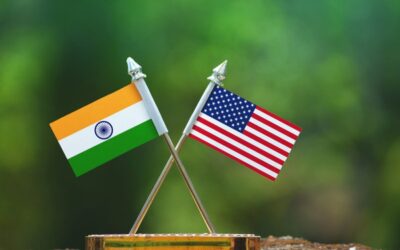



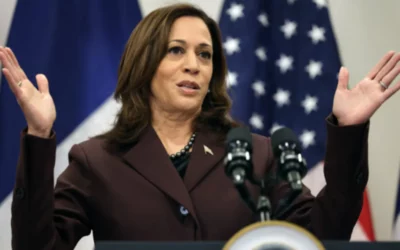

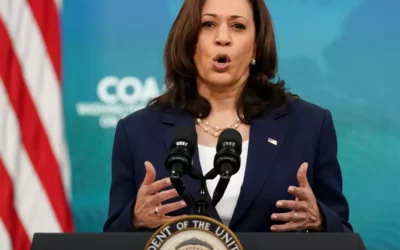



0 Comments